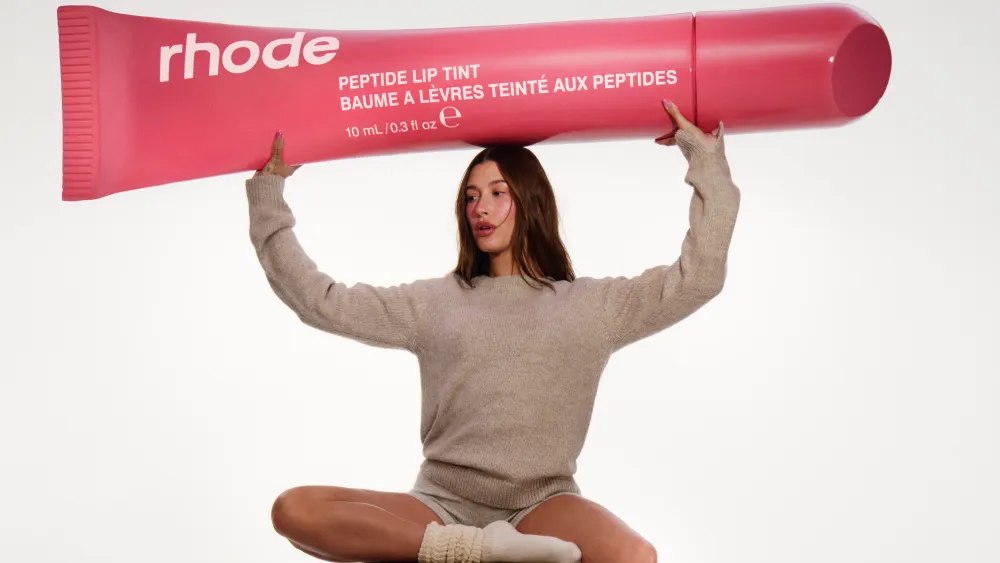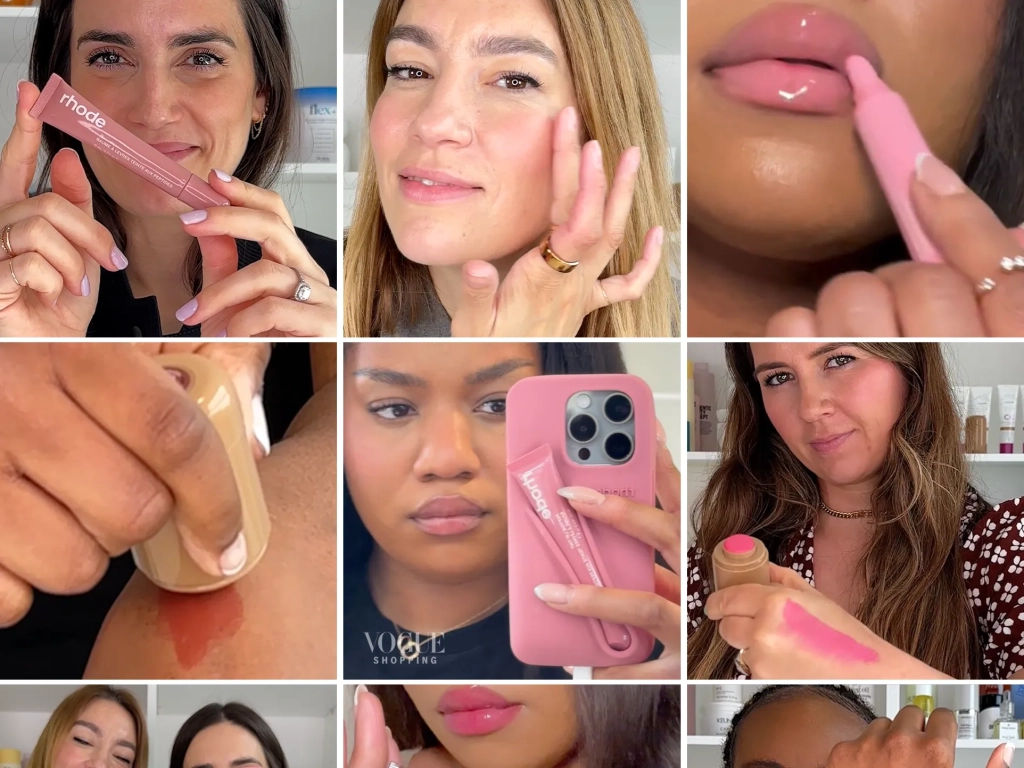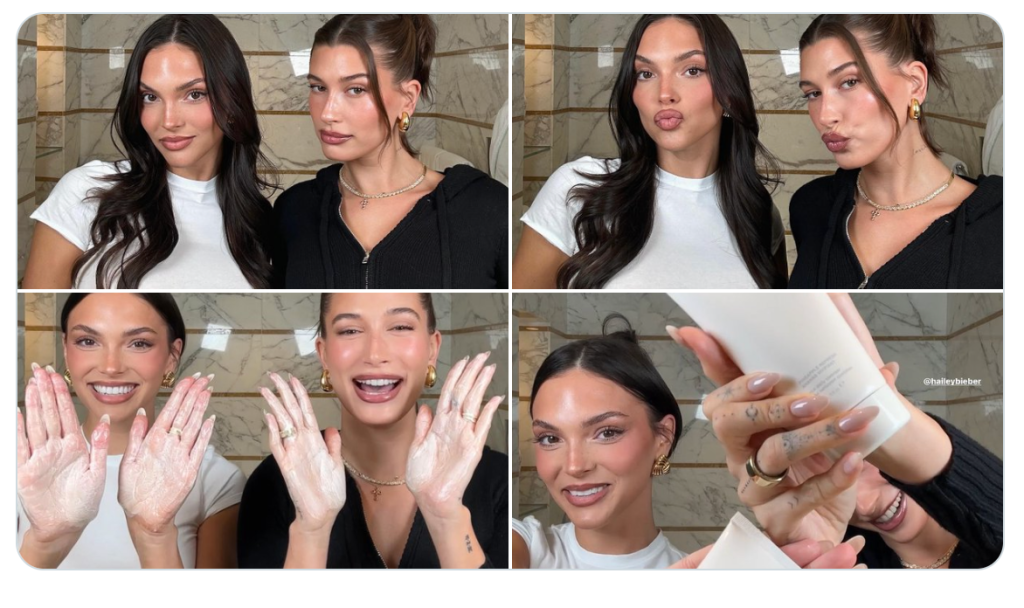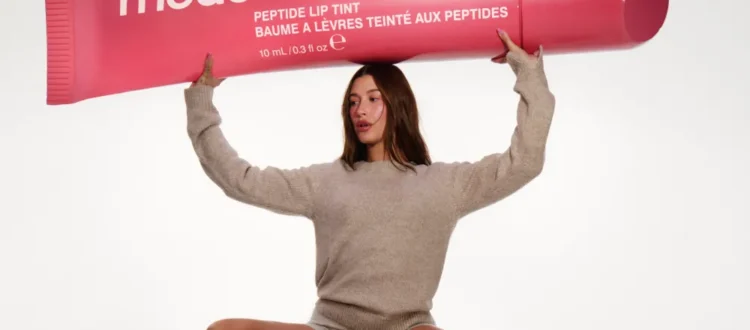How Being a Creator-First Brand Helped RHODE Garner $1B in Value Fast
In a stunning yet unsurprising move, RHODE – the beauty brand founded by Hailey Bieber – was acquired by ELF for a staggering $1 billion. For some, it’s just another celebrity-backed brand cashing in. But for those paying closer attention, RHODE’s meteoric rise isn’t just about fame. It’s a blueprint for what happens when a brand goes creator-first from day one.

What Does “Creator-First” Even Mean?
At its core, a creator-first brand is built around people – their voices, their content, their influence – not just products. It means:
* Tapping into authentic storytelling, not polished ad copy.
* Prioritizing user-generated content, not just traditional campaigns.
* Empowering the founder and customers to be the brand’s loudest voice.
RHODE didn’t just use Hailey Bieber as the face of the brand – Hailey was the brand. Every launch, swatch, texture, and post felt like it came directly from her bathroom counter. She was more than a spokesperson; she was the product developer, the marketer, and the audience.

The Rise of Creator-Led Trust
RHODE didn’t chase a wide audience immediately. Instead, it zeroed in on community over reach. Every Instagram Story, TikTok review, and get-ready-with-me video felt like a conversation with a friend, not a commercial.
That built trust fast. Consumers didn’t just want to try the products; they felt personally invited into the RHODE lifestyle. That emotional buy-in is something traditional marketing can’t manufacture.
Virality Was Built-In — Not Bought
Let’s face it: in today’s creator economy, good products aren’t enough. The experience around them has to be shareable and aesthetic – and RHODE mastered that balance.
From minimalist packaging to product textures made for TikTok demos, RHODE’s viral moments weren’t lucky breaks. They were engineered for social.
And instead of spending millions on traditional media, RHODE let its community – from micro-influencers to regular fans – do the talking. That’s creator-first strategy in motion.

What Other Brands Can Learn
RHODE’s billion-dollar exit isn’t just a case study in beauty. It’s a wake-up call for legacy brands still clinging to old models. Here’s what every startup – and even established brand – should take away:
* Build a founder’s voice into the product. People follow people, not faceless logos.
* Design with shareability in mind. Every product is a content opportunity.
* Turn your customers into creators. UGC isn’t optional – it’s currency.

Creator-First Is the Future
RHODE’s story proves that in the age of content and community, creator-first isn’t just a strategy – it’s a value accelerator. When you build for the people who actually talk about your product, the growth doesn’t just come faster — it sticks.
And for ELF, acquiring RHODE wasn’t just buying a skincare brand. It was buying the trust, influence, and attention of millions. And that? That’s worth a billion dollars.
Our Takeaway: We’re entering a new era where creators don’t just endorse brands – they are the brands. And as RHODE shows, the market is paying attention.

